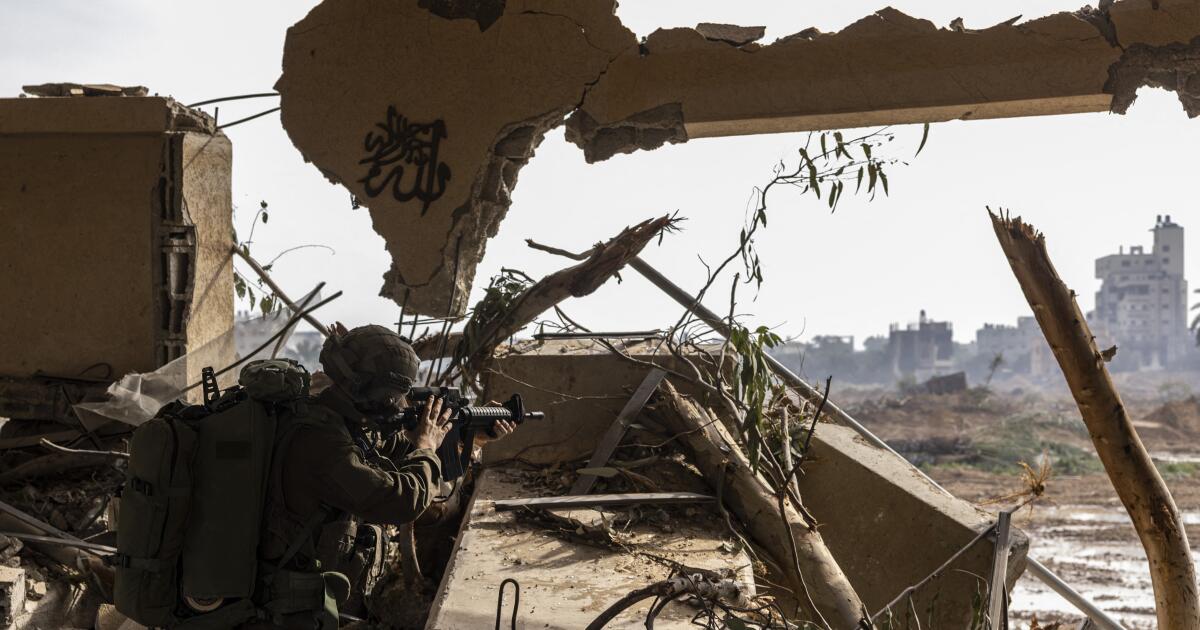Kenneth Roth, who was executive director of Human Rights Watch from 1993 to 2022 and oversaw production of the report on apartheid, said that Israeli authorities have long insisted that ending discriminatory policies depended on peace negotiations.
But three decades on, with no real peace process in motion, that explanation “lacked credibility,” Roth said.
Israel has continued to support Jewish settlements in the West Bank, constructing “bypass roads” accessible only to the settlers and expanding military checkpoints — moves that Roth and others say all but eliminated the possibility that the West Bank could someday become an independent, contiguous Palestinian state.
“What’s left is Swiss cheese,” he said.



My point is that no civilian should be killed, but that isn’t realistic nor is it the criteria for engaging in warfare. What percentage of civilian casualties is “enough” is not a precisely answerable question. The best you can say is, “as few as reasonably possible given the circumstances”. No war has zero collateral damage, but that doesn’t mean that war is never justified.
In your earlier comment, you said that reaching 1% of the population killed could never be justified. And yet, about 9% of German were killed in WW2, and yet few would argue that the Allies should have stopped fighting once German casualties reached 1% of the population.